The global shift toward sustainable transportation is no longer just a trend—it’s a revolution reshaping the future of mobility. With climate concerns intensifying and automotive innovation advancing at breakneck speed, 2025 stands as a turning point in the decline of gas-powered vehicles. In this critical debate of Electric Cars vs. Hybrid Cars, consumers and industry leaders alike are asking: which technology delivers the smarter choice?
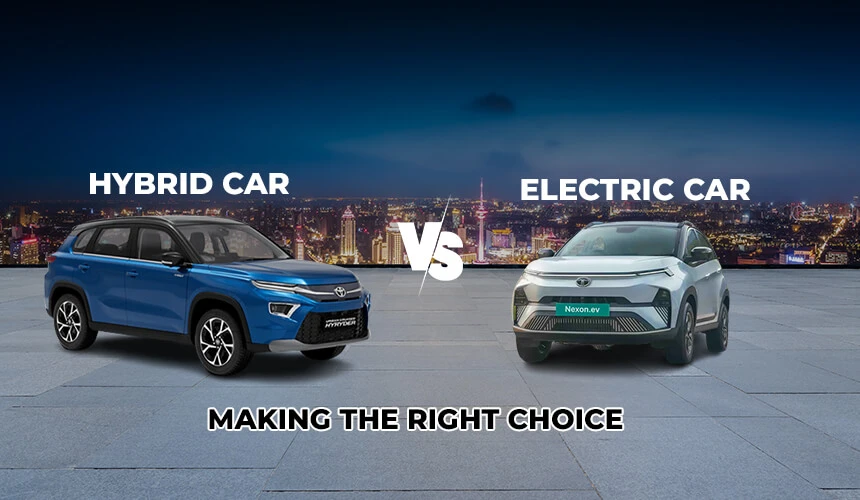
Environmental urgency and cutting-edge tech are driving the Electric Cars vs. Hybrid Cars discussion forward. Governments worldwide are tightening emissions regulations, while breakthroughs in battery efficiency and hybrid systems redefine performance standards. For eco-conscious drivers, the question isn’t just about cost—it’s about long-term impact.
As 2025 approaches, the Electric Cars vs. Hybrid Cars dilemma hinges on practicality and innovation. EVs promise zero emissions and lower maintenance, while hybrids offer flexibility with their gas-electric synergy. The answer depends on driving needs, infrastructure readiness, and evolving incentives.
The Electric Cars vs. Hybrid Cars showdown reflects a broader move toward greener roads. Whether prioritizing range, affordability, or sustainability, this decision will shape the automotive landscape for years to come. One thing is clear: the era of fossil-fuel dominance is ending.
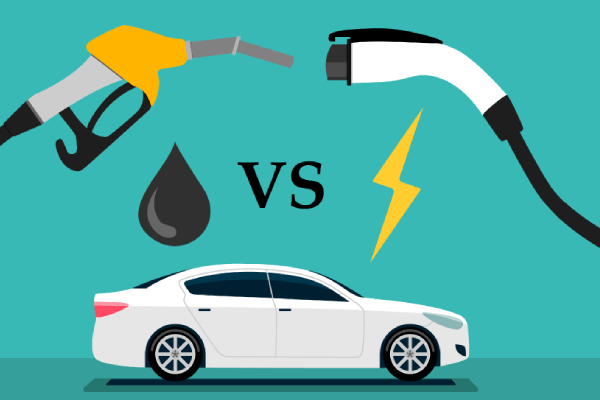
Stricter Regulations Drive Clean Vehicle Adoption
Governments worldwide are implementing aggressive emissions standards and offering lucrative incentives to accelerate the shift toward eco-friendly transportation. These policies are forcing automakers to innovate while giving consumers compelling reasons to abandon gas-guzzlers. The 2025 landscape presents a clear choice: go fully electric or opt for the transitional benefits of hybrid technology.
Electric vs Hybrid: Different Solutions for Different Needs
While both electric cars and hybrid cars outperform traditional combustion engines in efficiency and emissions, they serve distinct purposes. Electric vehicles (EVs) represent a complete break from fossil fuels, offering zero-emission driving and lower long-term costs. Hybrids, meanwhile, provide a practical middle ground with their combined gas-electric systems for drivers not ready to go fully electric. While consumers weigh EV vs hybrid options, automakers face even bigger strategic decisions. The growing impact of electric vehicles on car manufacturers reveals why some brands are going all-electric while others hedge with hybrid transitions.
Key Factors Shaping Your 2025 Decision
The electric cars vs. hybrid cars debate hinges on individual priorities like daily commute distance, charging access, and budget flexibility. EVs demand lifestyle adjustments but deliver greater sustainability, while hybrids ease the transition with familiar refueling options. Understanding these trade-offs is crucial for making a future-proof investment.
Why This Choice Matters More Than Ever
As 2025 approaches, the electric cars vs. hybrid cars decision carries weight beyond personal transportation—it’s a vote for the direction of automotive innovation. Early adopters may prefer cutting-edge EVs, while cautious buyers might favor hybrids’ versatility. Either way, this choice directly impacts your carbon footprint and driving experience for years to come.
EVs vs. Hybrids: Which Fits Your 2025 Lifestyle?
The Electric Cars vs. Hybrid Cars debate hinges on your daily needs and local infrastructure. EVs thrive in urban areas with reliable charging, offering unbeatable emissions savings and minimal maintenance. However, rural drivers or those in regions with sparse charging stations might find hybrids more practical.
Cost and Convenience: Breaking Down the Trade-Offs
Hybrids often have a lower upfront cost than EVs and retain strong resale value, especially trusted brands like Toyota. They also eliminate “range anxiety” by allowing refueling at any gas station. Meanwhile, “While EVs eliminate many traditional maintenance items, hybrid owners should note that their vehicles still require conventional car battery replacements. Discover the step-by-step process for battery replacement to maintain your hybrid’s peak performance.”
The Road Ahead: More Choices, Better Technology
Automakers are aggressively expanding both EV and hybrid lineups, giving consumers unprecedented options. From sleek electric sedans to rugged hybrid SUVs like the Kia Sportage Hybrid, there’s a model for every priority—be it sustainability, affordability, or adaptability.
Making Your Decision: Key Factors to Consider
In this blog, we’ll dive deeper into:
- Performance comparisons (e.g., Tesla Model Y vs. Toyota Prius)
- Cost analysis (upfront price, incentives, and lifetime savings)
- Infrastructure readiness in your area
- Model spotlights, including the Kia Sportage Hybrid and other 2025 standouts
Whether you’re motivated by eco-consciousness, cutting-edge tech, or long-term value, answering “Electric Cars vs. Hybrid Cars: Which Makes More Sense in 2025?” starts with evaluating your driving habits and local resources.
Understanding the Basics
Electric Cars: Zero-Emission Driving for the Future
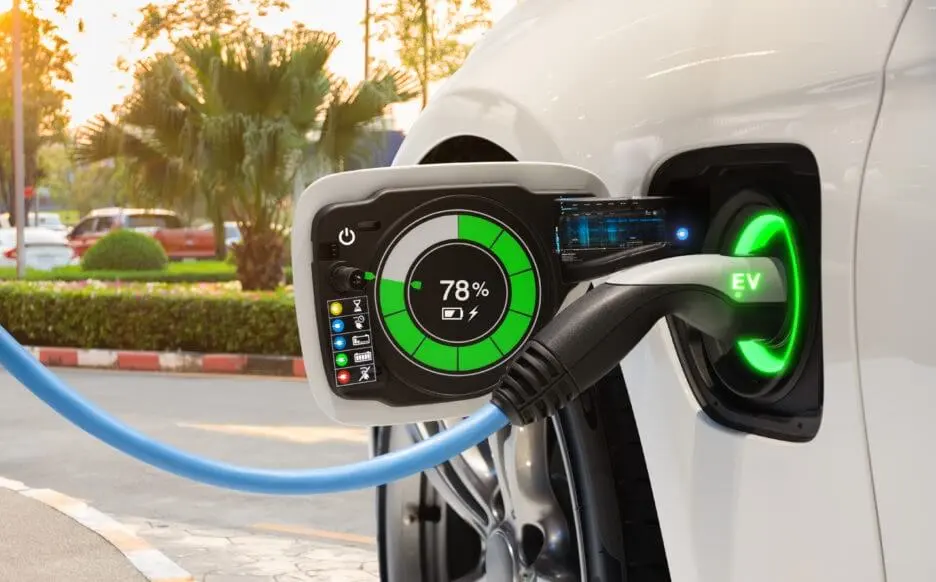
Electric vehicles (EVs) run entirely on rechargeable lithium-ion batteries, eliminating tailpipe emissions and drastically reducing transportation’s carbon footprint. Leading models like the Tesla Model Y, Hyundai Ioniq 5, and Ford Mustang Mach-E showcase the appeal of instant acceleration, whisper-quiet operation, and low long-term costs. With governments and businesses rapidly expanding public charging networks, EVs are becoming a practical choice even for road trips and long commutes.
Hybrid Cars: The Best of Both Worlds
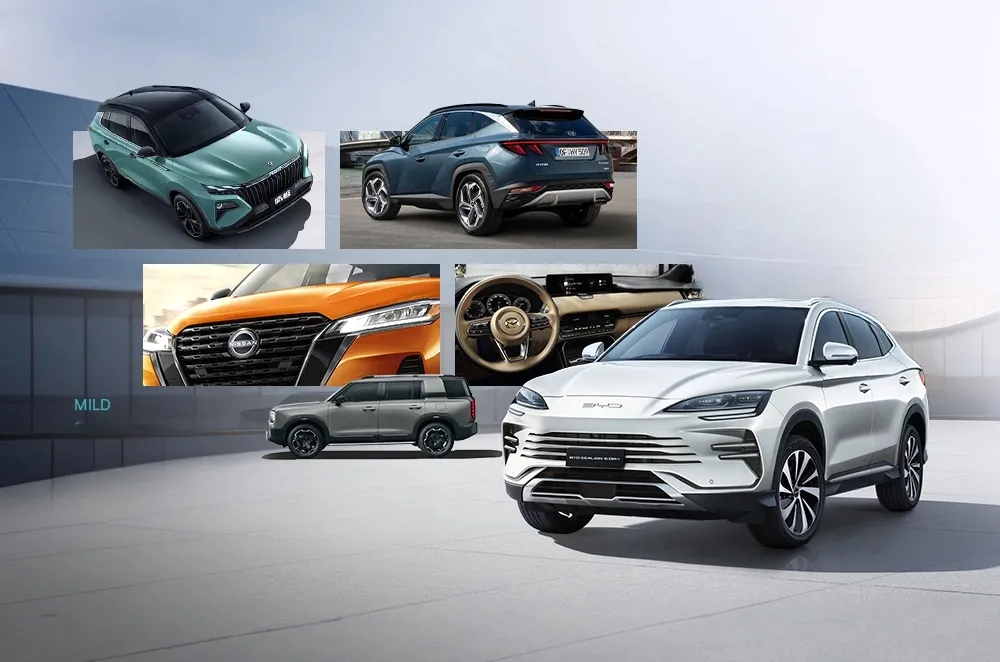
Hybrid vehicles bridge the gap between gas and electric power, combining a traditional engine with electric assistance. The Toyota Prius and Kia Sportage Hybrid excel at optimizing fuel efficiency through regenerative braking and intelligent power switching. For drivers hesitant to go fully electric—or those without home charging—hybrids deliver improved emissions and mileage without lifestyle compromises. The booming hybrid SUV segment (like the Kia Sportage Hybrid) proves their versatility for families and adventurers alike.
Electric Cars in 2025: Pros and Cons
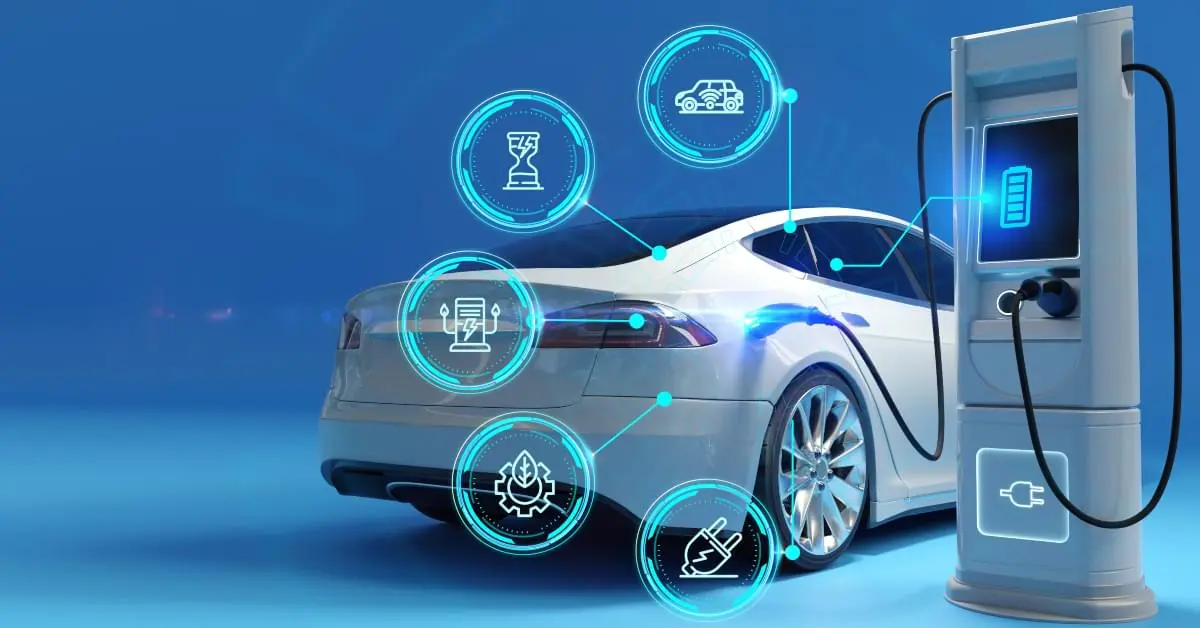
Pros:
- Zero Emissions: Great for the environment and eligible for green tax credits.
- Lower Operating Costs: Electricity is cheaper than gasoline, and there’s less maintenance.
- Advanced Tech: Most EVs come with cutting-edge infotainment and driver-assist systems.
Cons:
- Charging Infrastructure: While growing rapidly, public charging is still catching up in many areas.
- Range Anxiety: Although improving, EVs still have limited range compared to gas-powered vehicles.
- Initial Cost: Higher upfront prices, though long-term savings often offset this.
Hybrid Cars in 2025: Pros and Cons
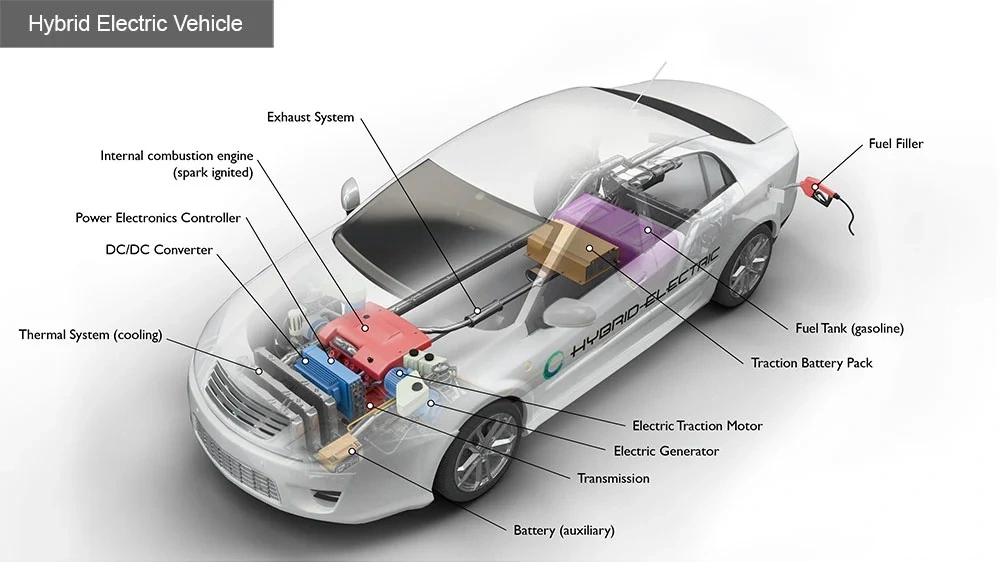
Pros:
- Fuel Efficiency: Hybrids like the Prius or Kia Sportage Hybrid SUV offer excellent mileage.
- Flexibility: Can switch between electric and gas modes, making them ideal for long trips.
- Affordable Options: Lower initial costs compared to most EVs.
Cons:
- Still Use Gasoline: Not completely green.
- More Maintenance: Contains both an engine and an electric system.
- Limited Electric-Only Range: Usually under 50 miles on electric power alone.
Hybrid SUV Spotlight: Kia Sportage Hybrid
Hybrid Technology: How It Works
Hybrid vehicles seamlessly combine gasoline engines with electric motor systems to maximize efficiency. Through advanced technologies like regenerative braking, hybrids capture energy normally lost during deceleration to recharge their batteries. Intelligent power management systems automatically switch between gas and electric modes for optimal performance.
Popular Hybrid Models Leading the Market
The iconic Toyota Prius remains the gold standard for hybrid efficiency, while the Kia Sportage Hybrid brings SUV practicality to eco-conscious drivers. These models demonstrate how hybrid technology has evolved from niche to mainstream, offering real-world fuel savings without sacrificing performance or comfort.
Who Should Consider a Hybrid Vehicle?
Hybrids are ideal for drivers who want improved fuel economy but aren’t ready for full electrification. They’re particularly valuable for those without reliable home charging access or who frequently travel long distances. The technology provides a perfect stepping stone toward cleaner transportation while maintaining familiar refueling convenience.
The Rise of Hybrid SUVs
The growing hybrid SUV segment, exemplified by the Kia Sportage Hybrid, meets consumer demand for versatile, family-friendly vehicles with better efficiency. These models combine spacious interiors and all-weather capability with significantly reduced emissions compared to traditional SUVs, proving hybrids can be both practical and planet-friendly.
Hybrid Advantages in Daily Driving
Beyond fuel savings, hybrids offer smoother acceleration from stoplights and reduced engine noise in urban environments. Their smaller batteries mean lower production emissions than full EVs, while still delivering meaningful environmental benefits over conventional vehicles. Many hybrids now offer all-electric modes for short trips around town.
The EV Revolution Accelerates in 2025
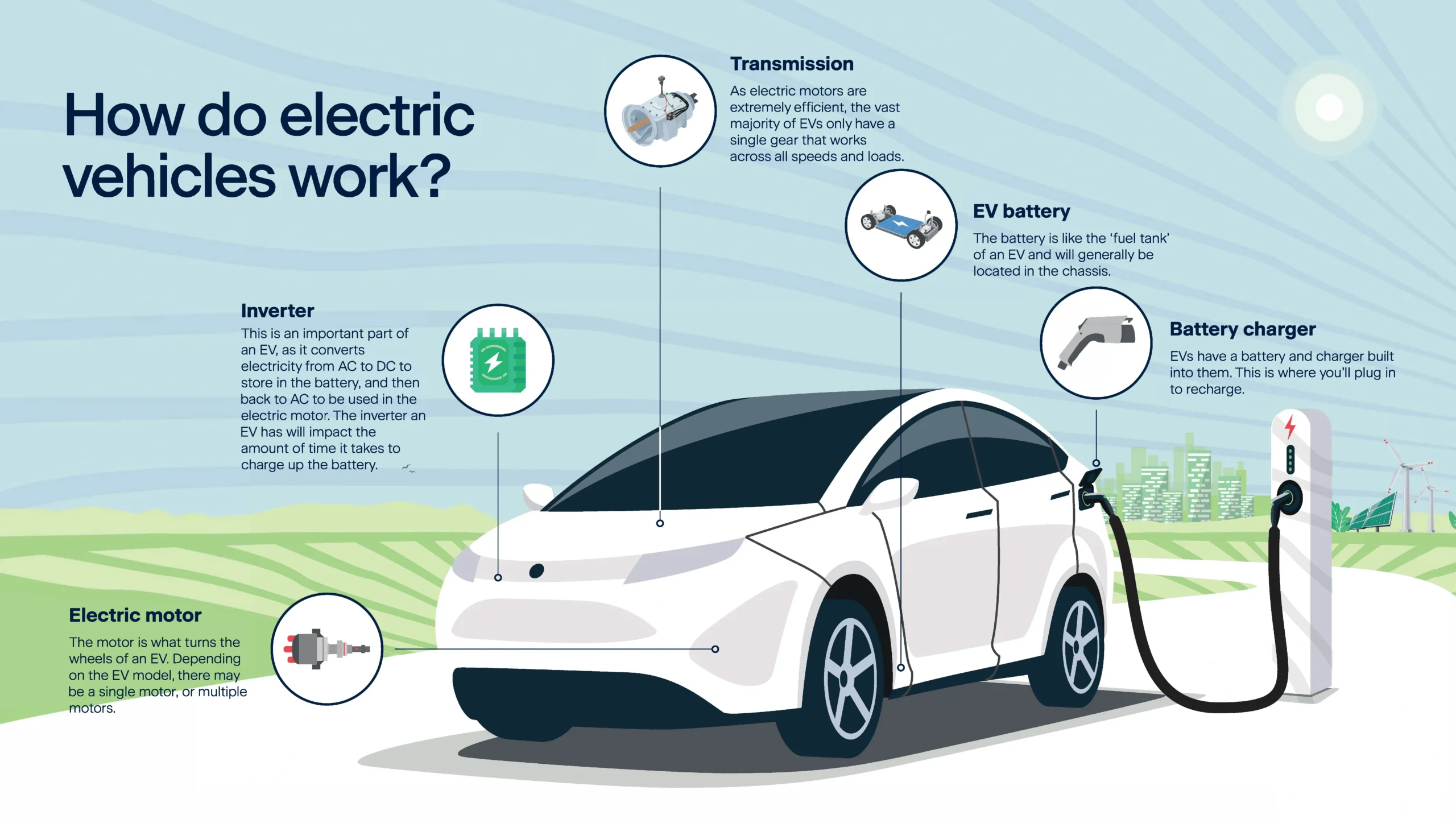
The electric vehicle market is experiencing unprecedented growth as both innovative startups and established automakers ramp up production. Industry leaders like Tesla and Rivian continue pushing boundaries while traditional manufacturers including Ford, GM, and Volkswagen are transitioning their fleets to electric. This convergence of competition and innovation is rapidly making EVs the new normal for car buyers worldwide.
Charging Infrastructure Reaches Critical Mass
One of the biggest barriers to EV adoption – charging accessibility – is being solved through massive infrastructure investments. Fast-charging networks are expanding at record pace, with new stations appearing along highways and in urban centers. Major charging providers are working to standardize systems and reduce wait times, making road trips increasingly practical for EV owners.
Government Support Fuels EV Adoption
Nations worldwide are implementing aggressive policies to accelerate the shift to electric mobility. Generous tax credits, rebates, and registration incentives are making EVs more affordable than ever. Many cities are adding benefits like HOV lane access and reduced parking fees, while some plan to ban gas vehicles entirely in coming years.
Why 2025 is the Ideal Year to Go Electric
With improved battery technology delivering longer ranges and lower prices, today’s EVs offer compelling advantages over gas vehicles. The combination of expanding infrastructure, government support, and an increasingly diverse selection of models makes this the perfect time to consider switching. Early adopters can enjoy both environmental benefits and significant long-term savings on fuel and maintenance.
Which Makes More Sense in 2025?
Choosing between electric cars and hybrid cars depends on your lifestyle:
- Go Electric If: You have access to home charging, want zero emissions, and prefer low running costs.
- Choose Hybrid If: You travel long distances often, don’t have charging access, or prefer a more familiar driving experience.
For urban drivers, an EV could be the perfect solution. For rural or long-distance commuters, a hybrid (especially a hybrid SUV like the Kia Sportage) might offer better practicality.
Final Thoughts
The transition to sustainable mobility is inevitable. Whether you’re leaning towards electric vehicles or sticking with hybrid cars, the key is choosing a vehicle that matches your needs while contributing to a greener planet. As the world transitions to cleaner transportation, developing markets like Pakistan are proving that EVs aren’t just for wealthy nations. Pakistani drivers can explore the specific advantages of electric vehicles tailored to local driving conditions and economic factors. In 2025, both options are better than ever—with more choices, better tech, and increased savings for drivers.
FAQs: Electric Cars vs Hybrid Cars in 2025
1. Which is cheaper to own long-term: electric or hybrid cars?
2. Can I take a road trip in an electric car in 2025?
3. Do hybrid cars need to be plugged in?
4. How long do EV batteries last, and are they expensive to replace?
5. Are hybrids really better for the environment than gas cars?
- electric vs hybrid cars breakdown
- hybrid electric vehicles developed in the United States
- hybrid vehicle climate impacts

 Cart is empty
Cart is empty
Leave A Comment